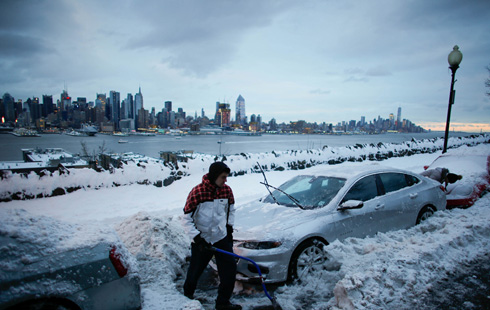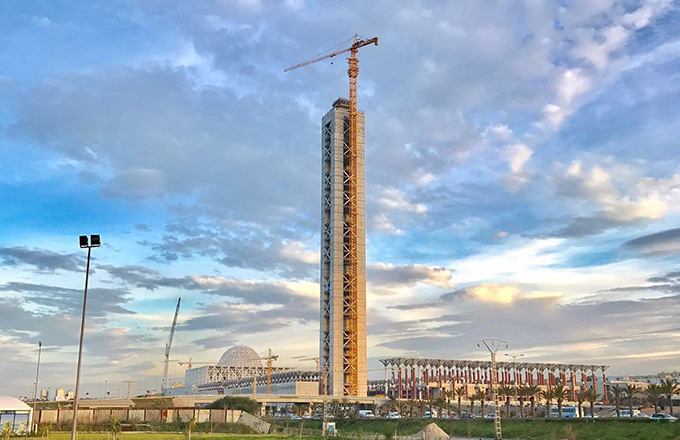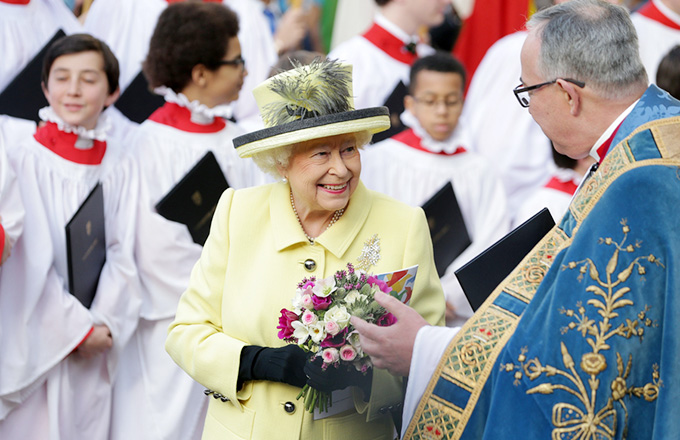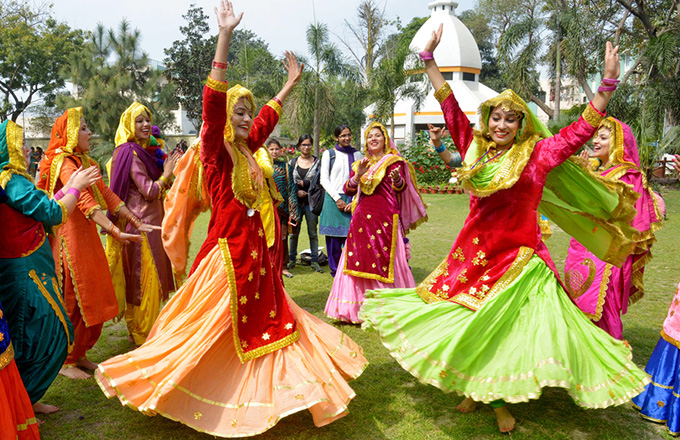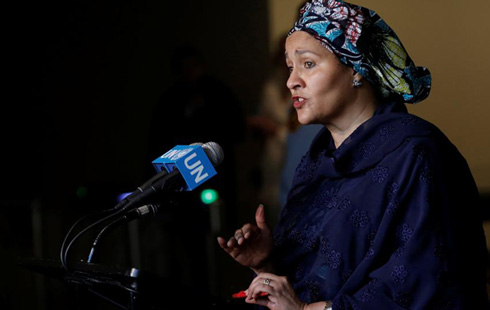Turkey sanctions the Netherlands over ministers' treatment
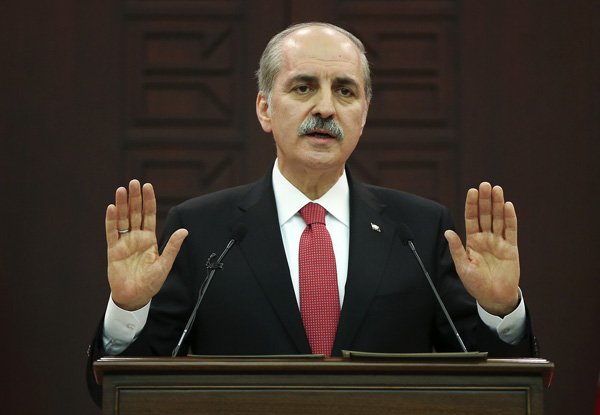 |
|
Turkish Deputy Prime Minister Numan Kurtulmus gives a speech during a press conference after the cabinet meeting in Ankara, Turkey on March 13, 2017. [Photo/VCG] |
Deputy Prime Minister Numan Kurtulmus, briefing journalists after the weekly council of ministers meeting, said the sanctions would apply until the Netherlands takes steps "to redress" the actions that Ankara sees as a grave insult.
"There is a crisis and a very deep one. We didn't create this crisis or bring it to this stage," Kurtulmus said. "Those who did have to take steps to redress the situation."Other sanctions bar the Dutch ambassador entry back into Turkey and advise parliament to withdraw from a Dutch-Turkish friendship group. The announcement came hours after Turkey's foreign ministry formally protested the treatment of a Turkish minister who was prevented from entering a consulate in the Netherlands and escorted out of the country after trying to attend a political rally.
The ministry also objected to what it called a "disproportionate" use of force against demonstrators at a protest afterward. Separately, Turkey's foreign minister was denied permission to land to address the same rally in Rotterdam.
The argument is over the Netherlands' refusal to allow Turkish officials to campaign there to drum up support among Turks who are eligible to vote in an April 16 referendum that would greatly expand the powers of Turkish President Recep Tayyip Erdogan.
About 400,000 people with ties to Turkey live in the Netherlands, though it's not clear how many are eligible to vote.
Erdogan said the two cabinet ministers — Foreign Minister Mevlut Cavusoglu and Family Affairs Minister Fatma Betul Sayan Kaya, would ask the European human rights court to weigh in on their treatment. He added that he didn't think the court would rule in Turkey's favor.
Earlier, German Chancellor Angela Merkel backed the Netherlands in its diplomatic fight with Turkey, as NATO's chief called for alliance members to respect each other and the European Union urged Turkey to calm down.
Turkey had a similar dispute with Germany last week, but the fight with the Netherlands comes as that country prepares for its own election Wednesday pitting Prime Minister Mark Rutte's right-wing PVV Party against far-right, anti-Islam populist Geert Wilders' party.
Merkel, speaking at a news conference in Munich on Monday, pledged her "full support and solidarity" to the Dutch, saying the Nazi gibes were "completely unacceptable." Erdogan responded angrily to Merkel's support for the Netherlands.




